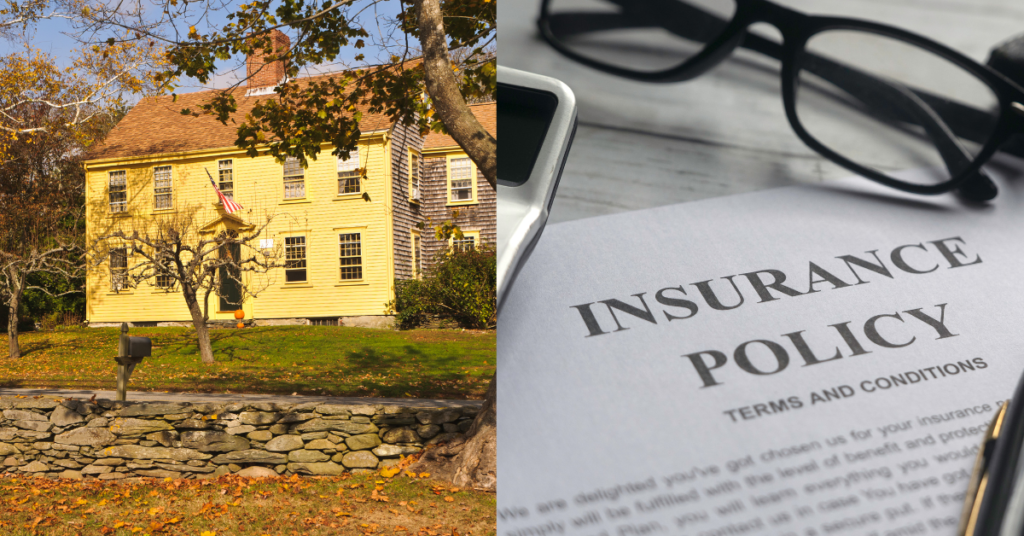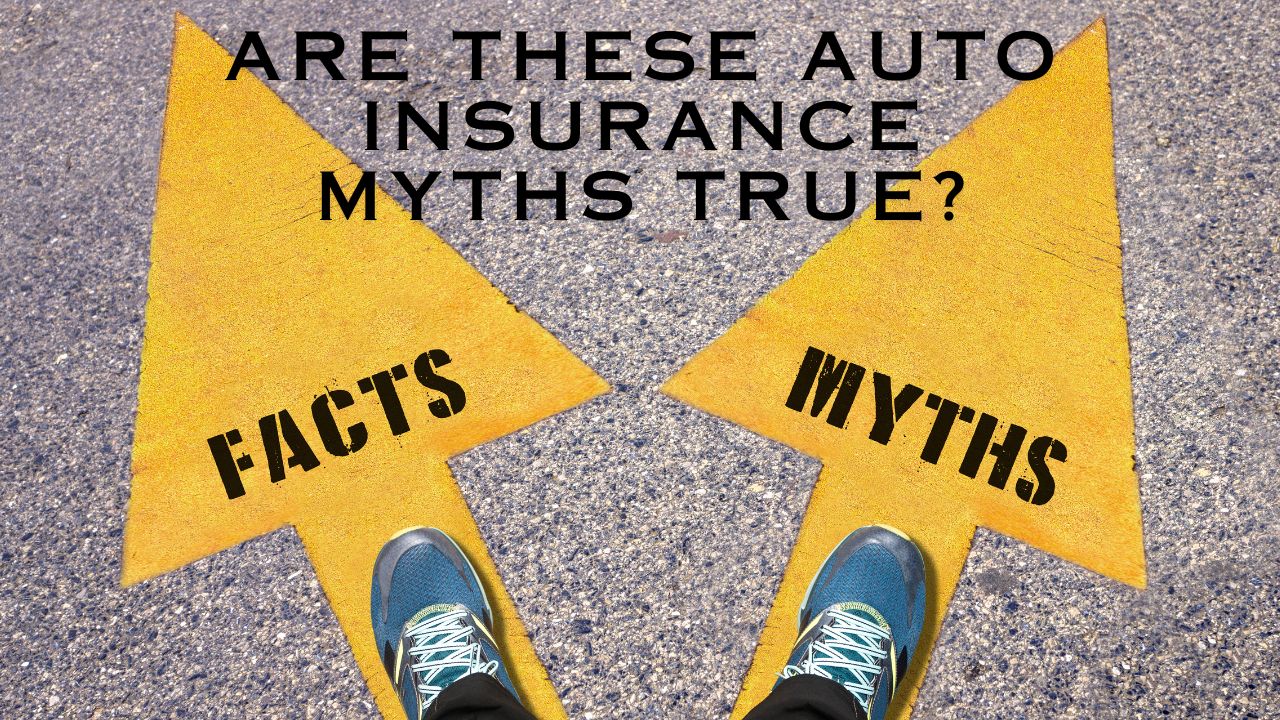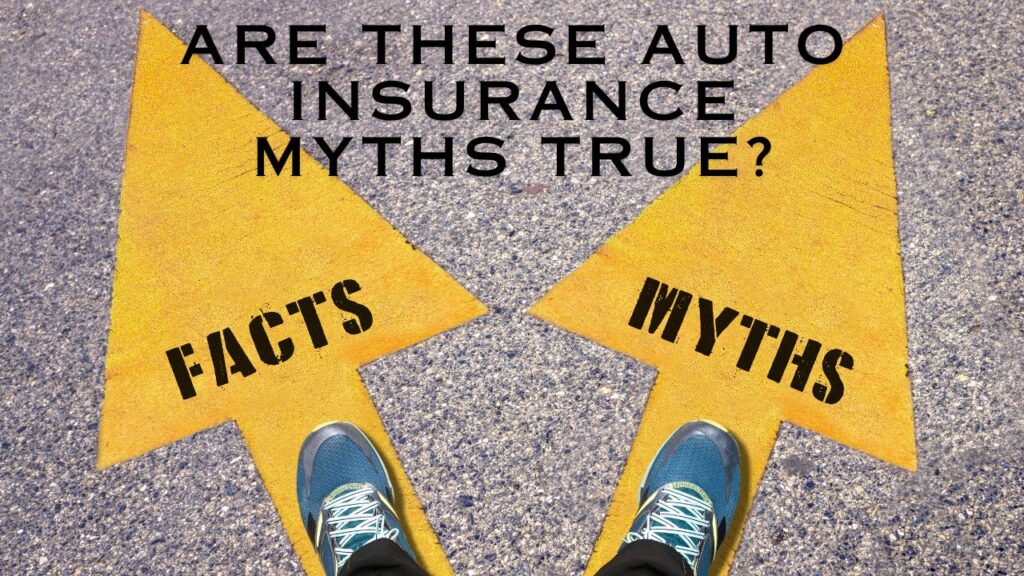MA Home Insurance: Beware of Zero Pay Claims

Andrew and Leslie had always taken pride in being responsible homeowners in their Massachusetts neighborhood. As they began shopping for new home insurance this month, they encountered an unexpected and frustrating obstacle. Every insurance company they approached either offered insurance at a much higher rate or turned them down, citing something called “zero pay claims” on their record. Confused and a little embarrassed, Andrew and Leslie wondered how they could have multiple claims when they had never received a payout for any of them. The more they pondered, the more perplexed they became. What did these zero pay claims mean, and why were they preventing them from securing the home insurance they desperately needed?
As they delved deeper into the issue, they realized that their cautious approach—calling the insurance companies first and asking questions about minor damages just to be safe—was now working against them. It felt unfair, like a penalty for trying to be proactive. Andrew and Leslie’s frustration grew as they discovered they weren’t alone; many Massachusetts homeowners face the same challenge in a market that has recently seen drastic changes and dramatic increases in annual premiums. Now, more than ever, understanding what zero pay claims are and how they affect regular home insurance policies in Massachusetts is essential for homeowners like Andrew and Leslie.
What Are Zero Pay Claims?
A zero pay claim is a term that many homeowners, like Andrew and Leslie, might not be familiar with. Essentially, a zero pay claim occurs when a homeowner calls the insurance company direct or files a claim for damages, but the cost of those damages is less than or close to the deductible. As a result, the insurance company doesn’t pay out any money, yet the claim is still recorded.
This might seem harmless, but it can lead to increased policy rates because insurers share this claim data through LexisNexis, a comprehensive database used by insurance companies to assess risk. Homeowners in Massachusetts should be cautious and carefully consider the financial impact before deciding to file a claim for minor damage. The decision to file a claim can have lasting consequences on your insurance premiums, even if no payment is made to you.
The Impact of Zero Pay Claims on Your Insurance
Zero pay claims are more than just a frustrating technicality; they represent a significant issue in the current insurance landscape, especially for Massachusetts homeowners. These claims occur when a policyholder files a claim, but the insurance company determines that the payout is nonexistent. This is often due to the deductibles, but can also be due to reduced coverage limits or a lack of coverage altogether.
The Changing Landscape of Massachusetts Home Insurance
Recent changes in Massachusetts home insurance policies, including higher deductibles, wind and hail increase deductibles have increased the frequency of zero pay claims. Insurance companies are emphasizing that home insurance isn’t meant for routine maintenance or minor repairs. Instead, it’s designed to protect against significant, unexpected losses.
For homeowners like Andrew and Leslie, understanding this shift is crucial. Filing claims for every small issue can lead to higher premiums and potential coverage problems. Insurers want policyholders to handle minor repairs and maintenance themselves, reserving insurance for major incidents.
The best approach is to have homeowners only using their policy when truly necessary against the risk of overuse. By adapting to this reality, Massachusetts residents can better manage their insurance and maintain more stable, affordable coverage long-term.
Why Are Zero Pay Claims a Problem?
Zero pay claims can create several issues for homeowners:
- Increased premiums: Even though no money was paid out, the claim still appears on your record, potentially leading to higher insurance rates.
- Difficulty obtaining new coverage: As Andrew and Leslie discovered, multiple zero pay claims can make it challenging to switch insurance providers or find new coverage.
- Lowered insurability: Insurance companies may view frequent claims, even zero pay ones, as a sign of increased risk, making you less desirable as a policyholder.
- Wasted deductibles: If you file a claim and later discover the damage is less than your deductible, you’ve wasted your claim-free status for no benefit.
How to Avoid Zero Pay Claims
To protect yourself from the negative impacts of zero pay claims, consider the following strategies:
- Understand your policy: Know your deductible and coverage limits before filing a claim.
- Assess the damage: Get a professional estimate before filing a claim to ensure the damage exceeds your deductible.
- Consider paying out-of-pocket: For minor damages, it might be more cost-effective in the long run to pay for repairs yourself.
- Consult with your insurance agent: Before filing a claim, discuss the potential impacts with your agent.
- Raise your deductible: A higher deductible can lower your premiums and reduce the likelihood of filing small claims.
The Importance of Professional Guidance
Navigating the complex world of home insurance can be challenging, especially with issues like zero pay claims. That’s why it’s crucial to work with experienced professionals who understand the Massachusetts insurance landscape.
Vargas & Vargas Insurance has been helping Massachusetts homeowners like Andrew and Leslie find the right coverage for years. Their team of experts can guide you through the intricacies of home insurance, help you understand your policy, and provide strategies to avoid the pitfalls of zero pay claims.
Take Action to Protect Your Home and Finances
Don’t let zero pay claims catch you off guard like they did Andrew and Leslie. Take control of your home insurance situation today. Reach out to Vargas & Vargas Insurance for a comprehensive review of your current policy and expert advice on how to protect your home without compromising your insurability.
Remember, all insurance companies get information on clients and their claims from LexisNexis, so it’s crucial to have a knowledgeable advocate on your side. Contact Vargas & Vargas Insurance today and take the first step towards securing your home and your peace of mind.
In conclusion, understanding zero pay claims and their impact on your home insurance is essential for every Massachusetts homeowner. By staying informed and working with trusted professionals like Vargas & Vargas Insurance, you can navigate these challenges and ensure you have the protection you need for your home and your future. Our team can be reached at 617-298-0655 to answer and of your insurance and claims questions.





















